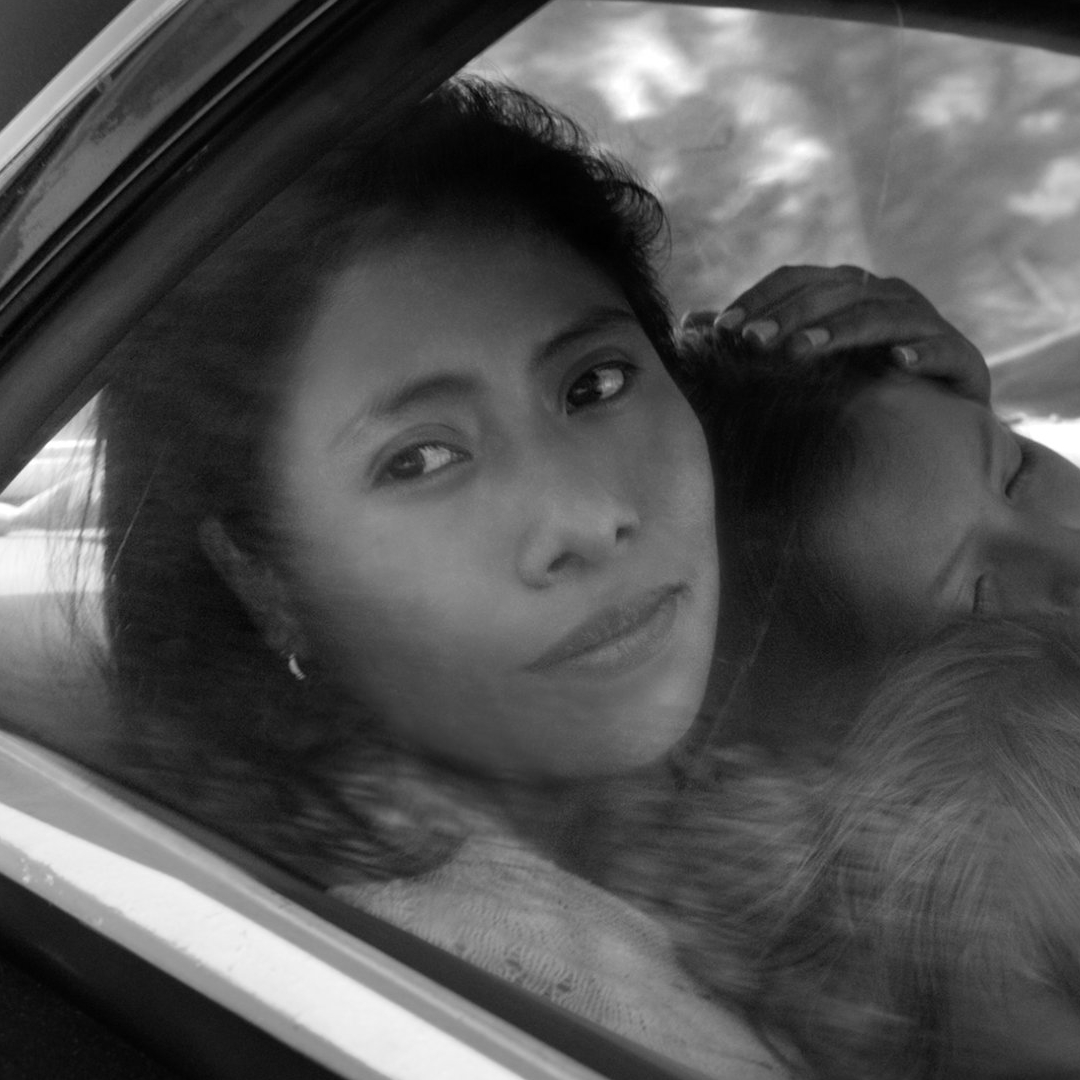
Growing up in Mexico and moving to the U.S. at 12-years-old gave me the best of both worlds. During my early years, I got to experience watching telenovelas, the Latinx version of Disney Channel, and even Latinx shows on MTV. I was directly exposed to vibrant Mexican pop culture, which can be lost in the U.S. To share my knowledge with other people who may not have gotten the same exposure to the Latinx experience I did, I created a list of the best Mexican movies of all time to watch.
In the past several decades and especially within the last few years, more creatives have demonstrated that Mexican movies can be not only of good caliber but worthy of being put on the global stage. Many filmmakers hailing from the country have gone on to be Oscar winners, and several rising talents are following in their footsteps with projects that can make you laugh and feel, but also teach a valuable lesson. Many of the best movies from Mexico are about social and economic issues in some form and can even span genres, from epic dramas to coming-of-age films to romance. In recent years especially, films feature topics that have been ignored or cast aside, such as LGBTQ+ issues, fragile masculinity, sexual assault, and femicides.
All produced, directed, and played by Mexican people, the movies on this list have broken barriers and become globally successful. Some of them have even transformed into pop culture staples and popular memes. Whether the movie candidly talks about sex or depicts social class division accurately, these movies have made a statement. Read on for the best Mexican movies of all time.
'Amar te duele' (2002)
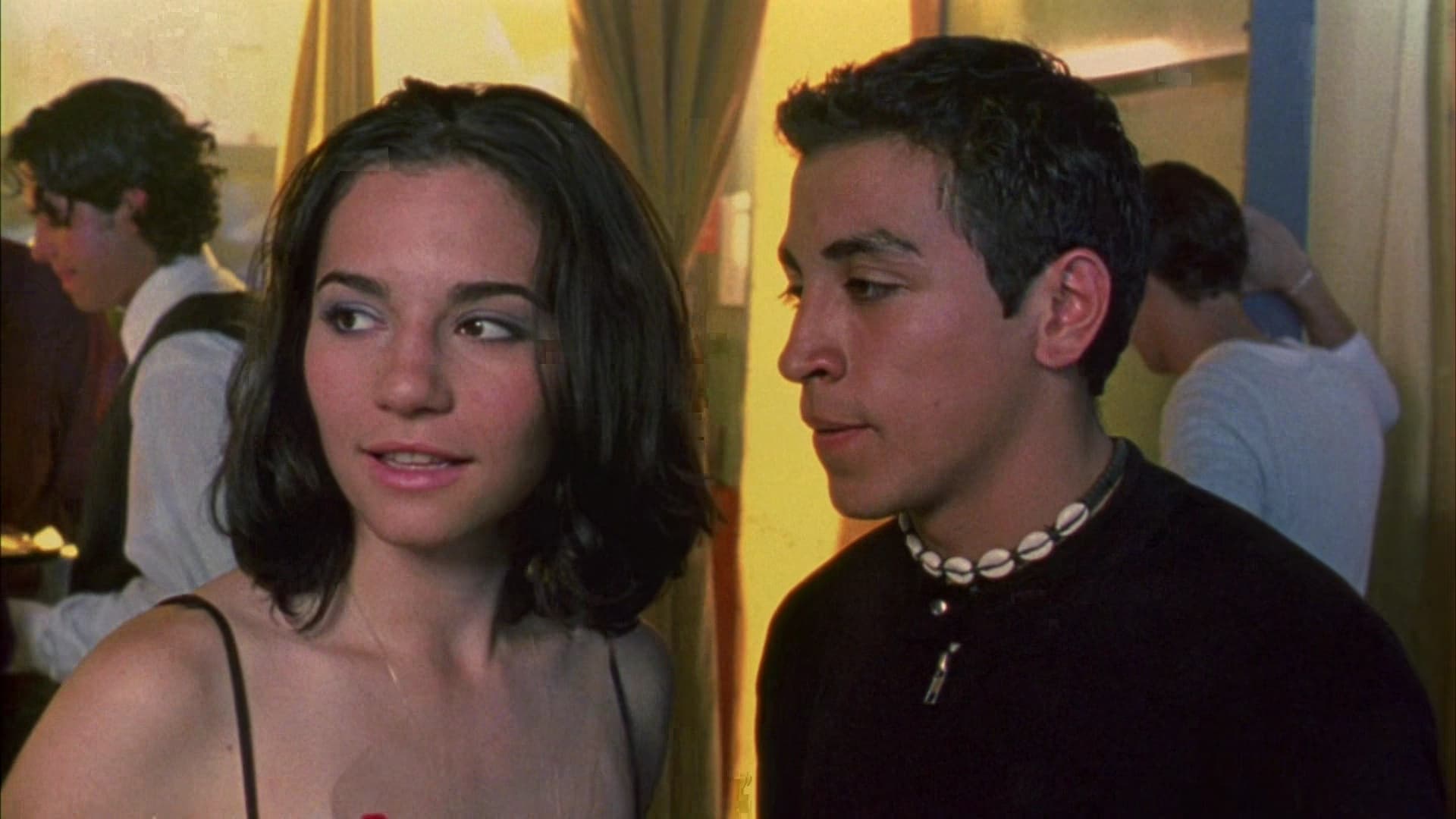
Amar te Duele is a charming love story with great dialogue and an awesome early 2000s soundtrack—and it also depicts how privileged families and lower socioeconomic people interact in Mexico. This is the story of Ulises (Luis Fernando Peña) and Renata (Martha Higareda) who meet one day at a mall. Renata is dared by her friends to kiss Ulises and a Romeo and Juliet-esque love story develops. Not only did this movie talk about classism in a raw and forthright way, but it also portrayed teenagers who experience alcoholism well. It's funny and endearing and shows that true love is more important than social status.
'Amores Perros' (2000)

Amores Perros is a classic '00s movie directed by Oscar-winner Alejandro González Iñarritu (Birdman, The Revenant). The psychological drama tells three stories about love, tragedy, communism, and dog fights. (Without a direct translation, the title of the movie can be called “Love Is a Bitch.”) It was nominated for an Oscar for Best Foreign Film in 2001—marking González Iñárritu's first nod at the award show.
'Cindy La Regia' (2020)

Cindy La Regia is a refreshing comedy about a stereotypical suburban Mexican woman, loosely based on the comics and books of Ricardo Cucamonga. In this version, Cindy (Cassandra Sanchez Navarro), who always thought her destiny was to get married, has an emotional breakdown after being proposed to. She flees to Mexico City and stays with her cousin (Regina Blandón) who teaches her what hard work, independence, and sexual liberation is. Fans of Legally Blonde should check this out, as Cindy is resonant of Elle Woods, being that she's an empathetic, effortless ray of sunshine, but oblivious to the world around her. (From Catalina Aguilar Masttreta, author and daughter of famous writer Ángeles Mastretta, you may already be familiar with her work without realizing it—as she's directed episodes of shows like Generation and Ginny and Georgia.)
'Cosas Imposibles' (2021)
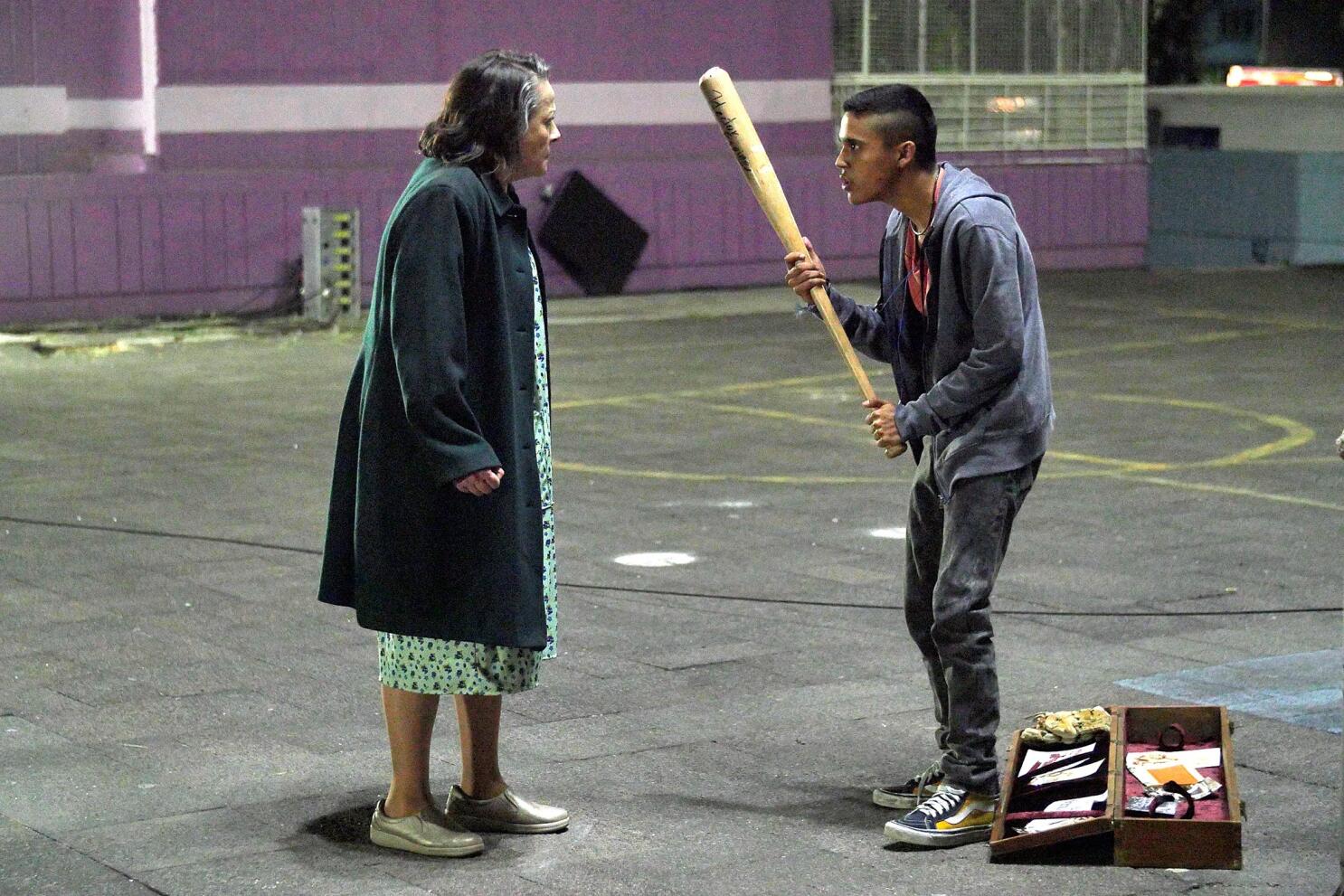
An unexpected friendship is always a good surprise in movies to remind us of humanity. Cosas Imposibles (aka Impossible Things) is a Mexican drama film directed by Ernesto Contreras and written by Fanie Soto. It tells the story of two neighbors, Matilde, a widow in her 60s-70s (Nora Velázquez), and a teenager named Miguel (Benny Emmanuel). Both are lonely and emotionally wounded. Matilde lost her husband (Salvador Garcini) who used to mistreat her and now reappears as a ghost. Miguel lives on his own and was abandoned by his mother. Matilde shares with him the awful things her husband used to say to her. He immediately tries to help her regain her confidence. A bond is created, regardless of their age difference and opposite life experiences. This movie reminds us friendship does not know age and one can learn a thing or two from people we would have never imagined.
'The Eternal Feminine' (2017)

The Eternal Feminine is called The Goodbyes in its English title, which seems more fitting for the movie. The semi-autobiographical film focuses on writer and poet Rosario Castellanos. We see the movie interchange between young Rosario, played by Mexican actress Tessa Ía, and the older version of herself played by Karina Gidi. It's both highly romantic and sad when we witness how a proclaimed feminist loses herself to love. We see Rosario struggle between being independent, staying true to her profession, and writing while also desperately wanting to be loved.
'Familia' (2023)

Colombian-Mexican filmmaker Rodrigo García's first movie in Spanish is a beautiful meditation on the power of family. Set at an olive farm in the Guadalupe Valley in Baja California, a widower (Daniel Giménez Cacho) welcomes his daughters and son (Ilse Salas, Cassandra Ciangherotti, Natalia Solián) as they return home for a Sunday night dinner, during which he plans to tell them he intends to sell their ranch. Over a meal, they discuss dynamics, familial arguments, unresolved issues, generational trauma, and more. And all of this with humor.
'La Caída' (2022)

Talking about sexual abuse on-screen can be challenging, but Karla Souza does an excellent job in this movie she stars in and produced. La caída, or Dive in English, is about a veteran diver (Souza) preparing for the Olympics who has to decide if her dream is worth it when she realizes her coach has been abusing her teammate. This is a story about trauma and the systematic power dynamic in sports, especially in a misogynist country like Mexico where abuse and femicides are common. It is a hard movie to watch, but it opens up important conversations that are all handled tactfully, as Souza set out to make the film based on her own experience.
'Las Niñas Bien' (2018)

Las Niñas Bien (translated to English as The Good Girls) is centered on a Mexican socialite named Sofía (Ilse Salas) whose life goes into shambles after the 1982 economic crisis. Adapted from the book of the same title by novelist Guadalupe Loaeza, who loved to make fun of affluent Mexican women, the film is filled with satire and sarcastic dialogue. Beautifully shot with aesthetically pleasing images, we enter Sofía’s world as a mother of three who focuses on hosting parties, playing tennis, and sharing a smoke with her friends rather than raising her children. However, her integrity is challenged when everything she's used to suddenly disappears. Even though the movie shows us the perspective of someone with “first-world problems,” it's full of empathy.
'Nosotros Los Nobles' (2013)
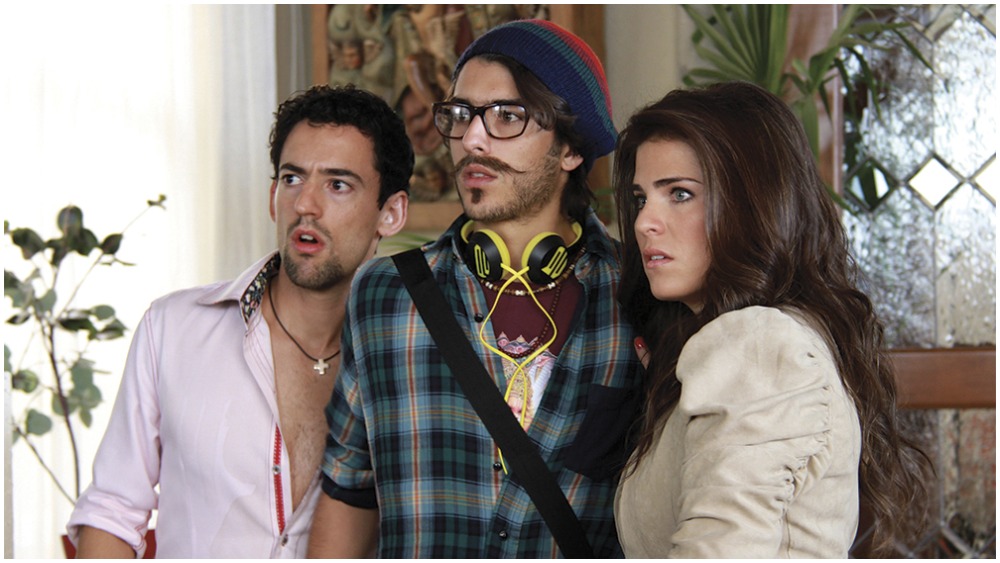
Incredibly popular in the Mexican community, Nosotros Los Nobles is directed by Gary Alazraki, who helmed the Mexican Netflix series Club De Cuervos. Based on El Gran Calavera, the plot centers on three siblings (Karla Souza, Luis Gerardo Méndez, and Juan Pablo Gil) from a high-class Mexican family. They do not know anything about working, budgeting, or limits. Their father (Gonzalo Vega) becomes tired of their spoiled tactics and pretends they have lost their money to make them work. It is very funny, with its stereotypical millennial characters known in middle-class and high-class Mexican communities, and then becomes emotional and has a tender message. Still today, it remains one of the highest-grossing Mexican movies.
'Pan’s Labyrinth' (2006)

Acclaimed fantasy filmmaker director Guillermo Del Toro's beloved film Pan’s Labyrinth is a mythical dark fairy tale. It tells the story of a young girl (Ivana Baquero) in a labyrinth who meets different magical creatures and monsters while being set against the backdrop of World War II in Spain in the real world. The special effects and production design could only come from a true visionary, so if you are into nonhuman worlds, this movie is for you.
'Perfume De Violetas' (2001)

Perfume De Violetas is an early '00s Mexican staple. Directed by Maryse Sistach, the film tells the story of two low-class Mexican teenage girls. (The title translates to “Perfume of Violets,” which is a repeating theme in the movie.) Yessica (Ximena Ayala) had never experienced perfume until she became friends with Miriam (Nancy Gutiérrez). Though they both attend public school, Miriam has better commodities than Yessica. They start to become friends, but Yessica becomes a bad influence on Miriam. The plot thickens when Yessica profits off of Miriam while she is struggling after being raped. The ending is tragic, but the movie talks about important topics, including the shame around menstruation.
'Perras' (2011)
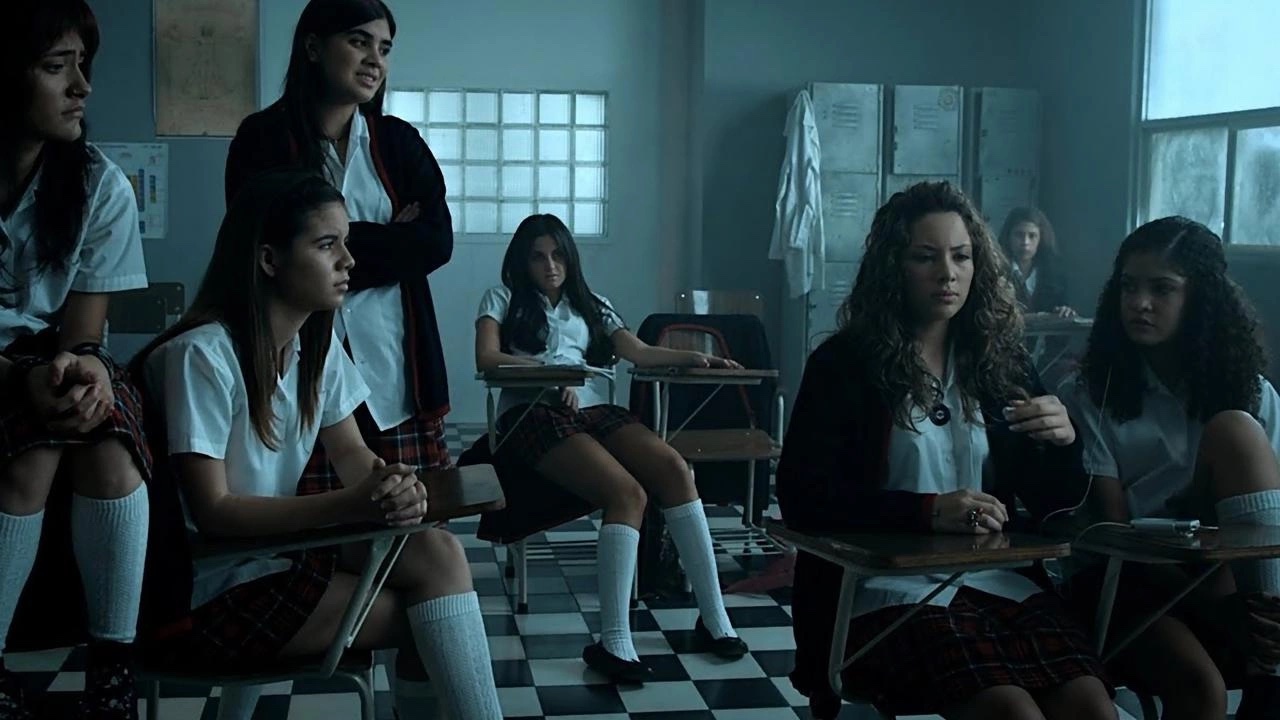
Described as a thriller, Perras is centered on a sudden death that occurs at a public high school and the different girls who are sanctioned to detention until they confess who did it. With vulgar dialogue, candid depictions of abortion, eating disorders, and other topics, it's a raw coming-of-age movie—like watching a darker version of Mean Girls.
'¿Quieres ser mi hijo?' (2023)

Longtime telenovela star Ludwika Paleta and YouTube/Vine star Juanpa Zurita star in this rom-com about age differences. Ludwika plays a woman who wants a job but learns the company she is interviewing for is looking for women with “traditional” values. So, she asks her younger neighbor to pretend to be her son at a company retreat—just for them to realize they might have feelings for each other. It is funny, refreshing, and a friendly reminder women are allowed to date younger men.
'Radical' (2023)

Based on a true story, famous comedian and actor Eugenio Derbez stars in this movie about a border town teacher. His character starts teaching at a low-income, low-resource elementary school where his method is seen as unorthodox. Sooner than later, he sees his students wanting to learn. It is a sad story about the unfortunate realities of those from low socioeconomic status—but it’s also a great reminder that talent should be supported and encouraged no matter what.
'ROMA' (2018)
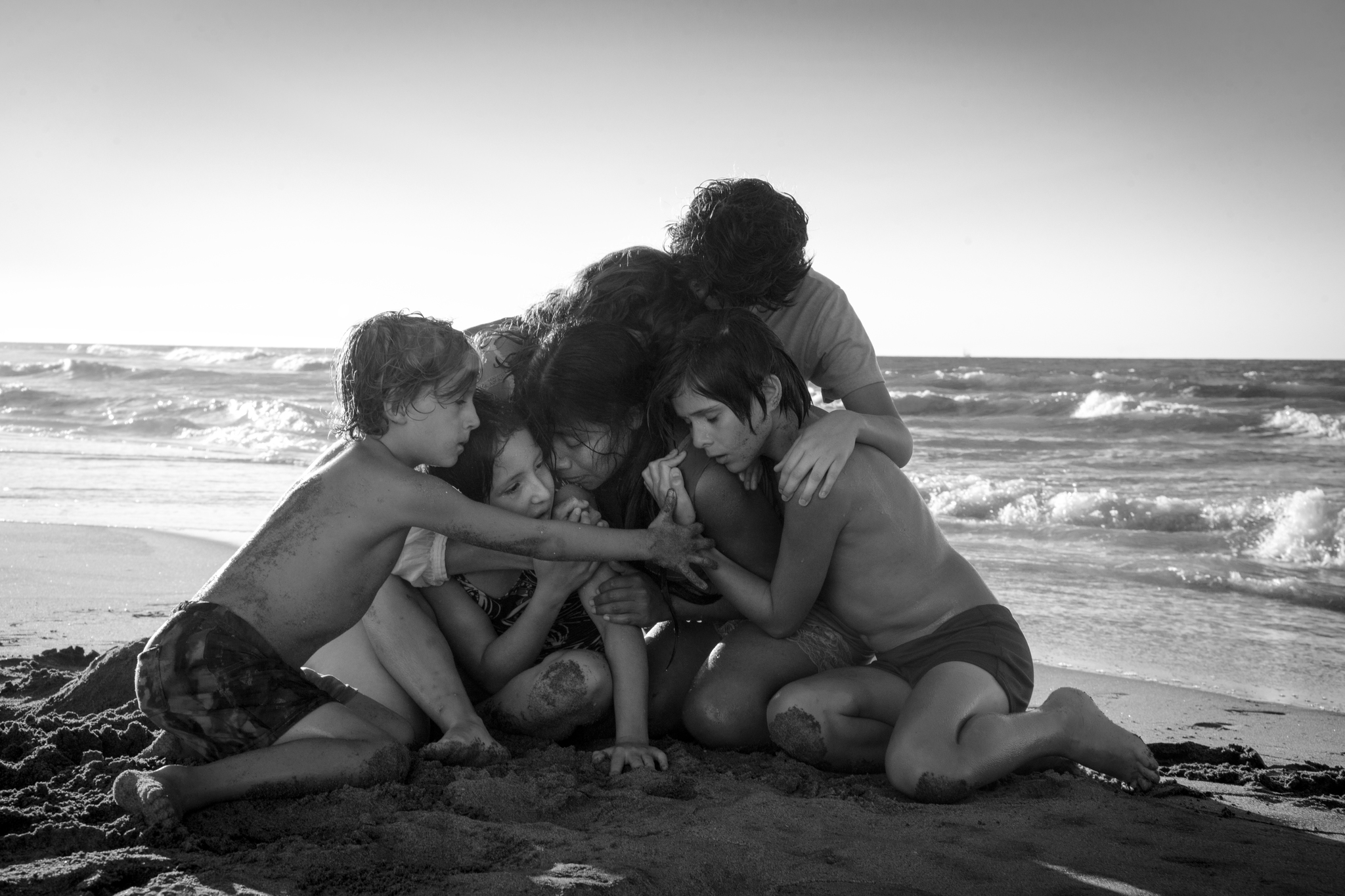
Because classism is a common issue in Mexico, a plot line around it is covered in several great Mexican movies, like ROMA. In this movie directed by Cuarón, which won an Oscar in 2019 and was inspired by Cuarón’s nanny growing up, we witness the story of a middle-class family and their relationship with their maid. Yalitza Aparicio, who plays the maid named Cleo, had never acted before yet does an amazing job in the movie. We witness the stories of Cleo and her boss Sofía (Marina de Tavira), both struggling and heartbroken, but with different power dynamics, as well as how Aparicio’s character is fundamental for the stability of the family.
'Ruido' (2022)

Ruido is a heartbreaking Mexican-Argentine mystery about a mother's (Julieta Egurrola) search for her daughter who has been missing for months. With little to no help from government officials, she seeks assistance from feminist collectives and a journalist to find her daughter. The powerful film speaks to the tragic issue of femicides in Mexico, which has led to many women being missing or with unsolved cases for years, while also bringing to light the important work that women's groups have been doing themselves.
'Solteras' (2019)

Netflix’s Solteras (translated to English as Ready to Mingle) is worth watching. This rom-com centers on Ana (Cassandra Ciangherotti) who desperately wants to find her partner for life as she’s nearing her 30s. She decides to enter a program where she will “learn” how to find a husband and meets other women attending the same classes. Ana is a funny character who leads the journey of battling gender roles and finding her own individuality. The movie is peppered with satire, but stays true to comedy that will have you laughing out loud. Though it caves into typical tropes used in rom-coms, it has a great message at the end.
'Y Tu Mamá También' (2001)
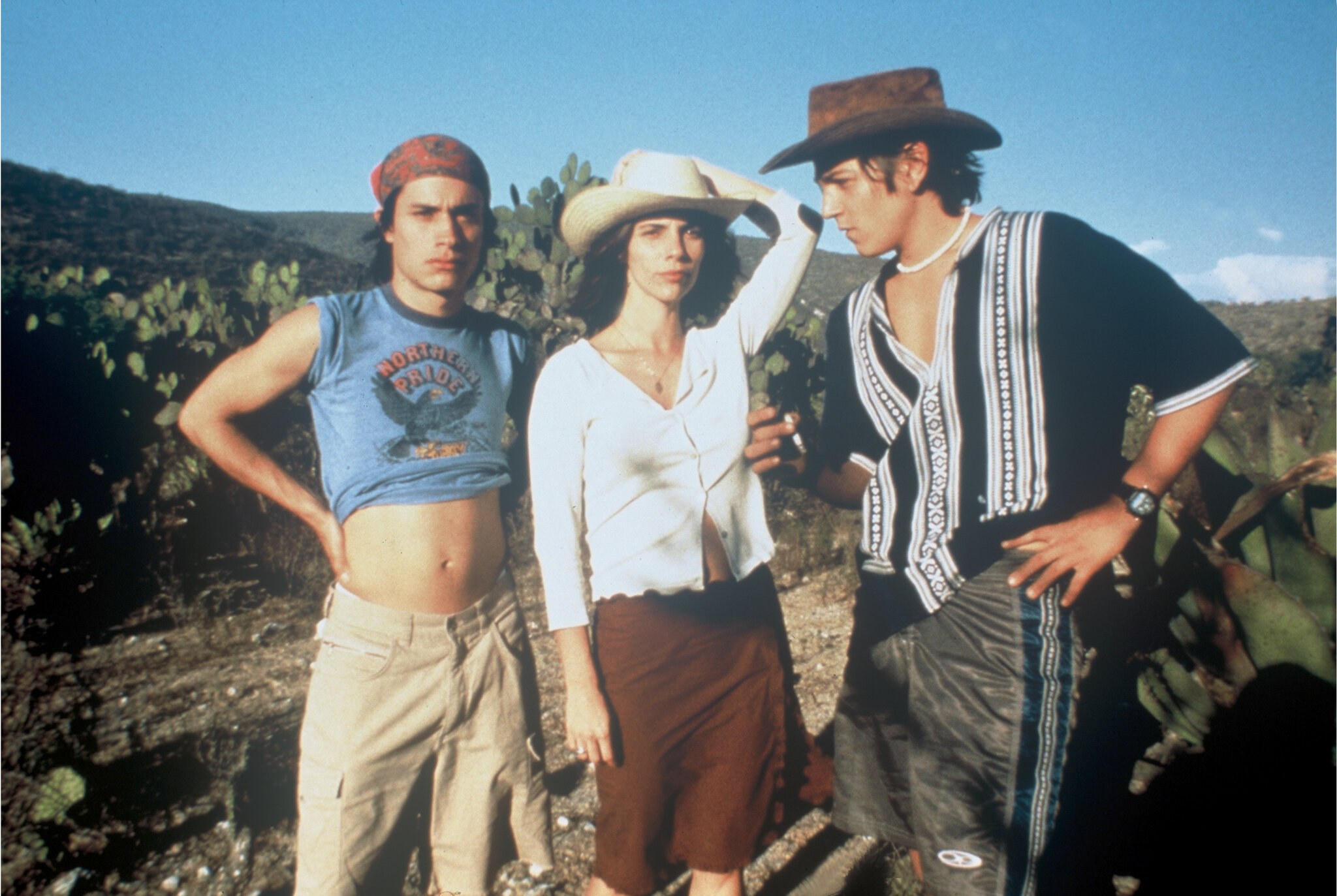
Directed by Alfonso Cuarón, who now has two Oscars for Best Director under his belt, Y tu mamá también was his breakthrough movie—and it was released at a time when Mexican cinematography was not getting the recognition it deserved. The film tells the story of two best friends, Tenoch (Diego Luna) and Julio (Gael García Bernal), one more privileged than the other, who go on a road trip to the beach with a woman (Maribel Verdú) married to the cousin of Luna’s character. It's graphic, has several sex scenes, and breaks barriers in its depiction of homosexuality amongst Mexican men.
'Ya no estoy aquí' (2019)

This is a story as old as time but with a twist. The American dream trope is often portrayed in movies about Mexico, as is with Ya no estoy aquí. Ulises (Juan Daniel García Treviño) is a teenager in Monterrey, Mexico who is part of a dance crew from a counterculture of Kolombia, which consists of dancing and listening to “Cumbia rebajada.” When Ulises experiences a drive-by shooting, his mother helps him leave the country, and he ends up in N.Y.C. where he is forced to work in construction, something he knows nothing about. This story shows us how Mexicans are not a monolith and that people have unique tastes and interests, while also exploring being ostracized, homesick, and immigration.







